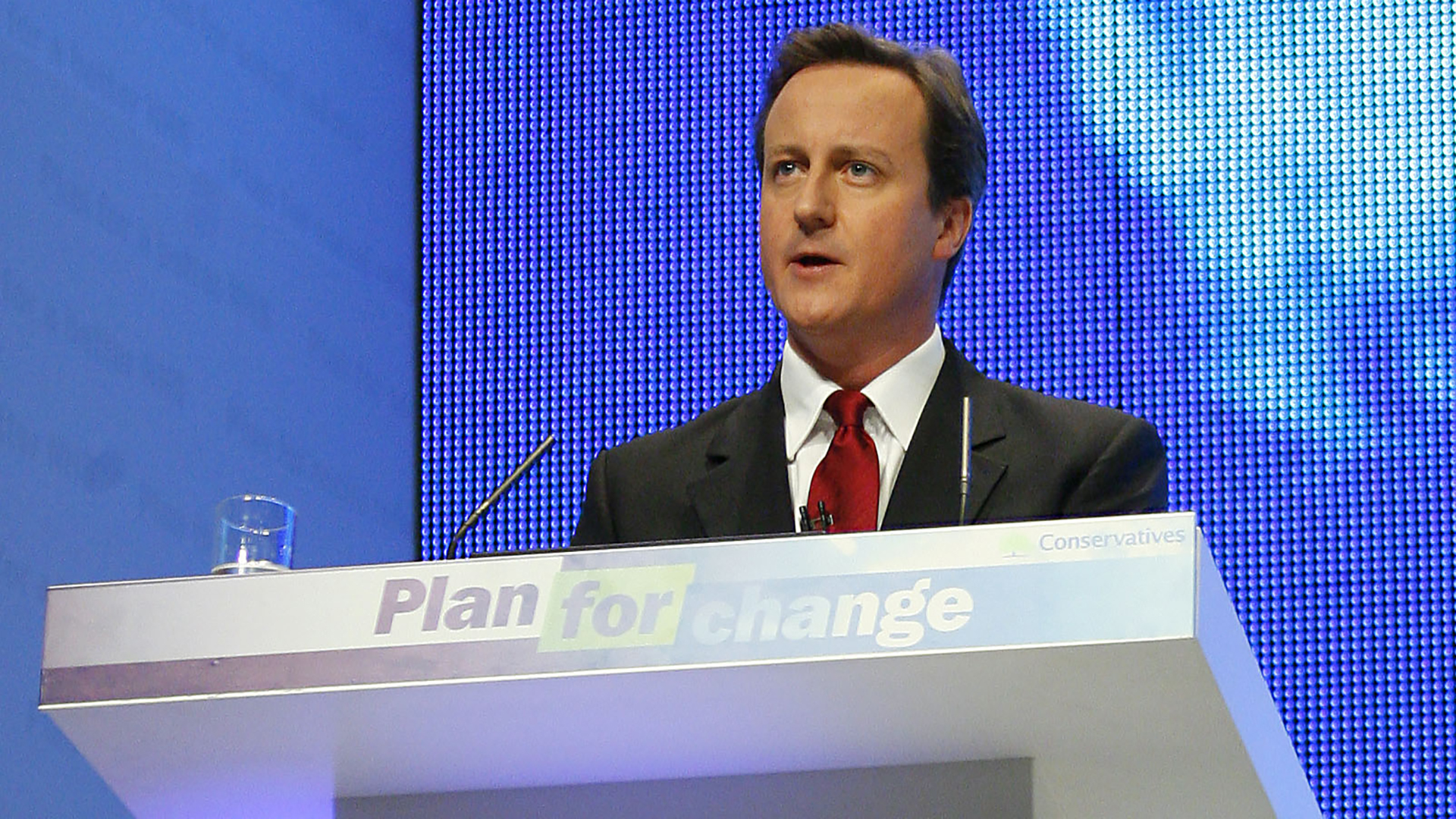An embattled government trying to get over its bad behaviour in the gardens of power – and
having not quite got the economy back to where it was going – is struggling over what can be done about inflation. Add to this the threat of European war, and it seems that many things have coalesced to bring grief to the forefront. The strongest call seems to come from those who have said the government should bring relief to people in need by increasing social security.
Government should absorb some of the costs that are crippling poorer people’s ability to feed and heat themselves.
What is extraordinary is the lack of thinking that went into what you might call the ‘post-Covid’ period. Covid threw up levels of support that were unheard of in peacetime. Yet the soft landing hoped for post-Covid did not happen. And at the same time, there seems to have been little thoughtfulness around the idea that Covid changed many things and made the world economy weaker.
It certainly galvanised the many critics of government action, saying that it was not doing enough. The world is awash with people demanding the government picks up the tab. And it seems we may have to accept greater government intervention into the lives of people who are in need and unable to weather the storms thrown up by Covid – added to by the Ukraine war and, of course, Brexit.
Yes, the biggest crisis is inflation and its effects on the poorest. We have to bring help by increasing financial support. We have to borrow the future again, as we did during the Covid-19 pandemic, to ensure the continuity of the fabric of society.
There is no way we can face away from this crisis. Borrowing the future has become a pattern when crisis hits. It is inevitable. We have never in history been able to finance crisis without borrowing the future; passing on to later times the repaying of the debts thrown up by crisis. And that is where we are now: stuck in the middle of a debt-building crisis that is the extension of the financial crisis thrown up by Covid.









